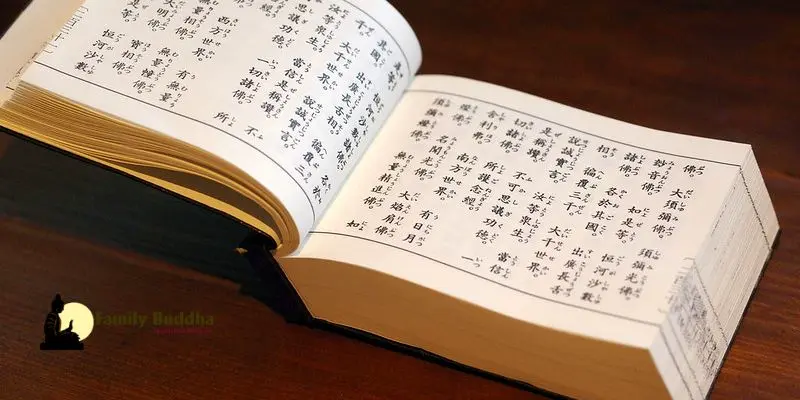Have you ever felt lost, like you’re searching for a path to inner peace and liberation from suffering? As the Vietnamese proverb says, “Đi một ngày đàng, học một sàng khôn” – (A journey of a thousand miles begins with a single step). The Buddhist 12 Steps, inspired by the traditional 12-step program, offer a practical framework for anyone seeking to apply Buddhist teachings to overcome addictive behaviors and find lasting freedom.
What are the Buddhist 12 Steps?
The Buddhist 12 steps are a set of guidelines, drawing upon core Buddhist principles, designed to help individuals find recovery from addiction and cultivate a more peaceful and fulfilling life. Unlike the traditional 12 steps, which focus on a higher power, the Buddhist approach emphasizes personal responsibility and self-awareness. Think of it as “Tự lực cánh sinh,” meaning “to rely on oneself.” This journey is about looking inward, understanding the root of suffering, and ultimately, walking the path towards liberation.
The 12 Steps: A Journey of Self-Discovery
Each step is a stepping stone on your path to recovery, encouraging introspection, mindful action, and ultimately, a deeper understanding of yourself and the nature of suffering:
Acceptance: We acknowledge that life involves suffering, and addiction is causing us and others harm. This echoes the first Noble Truth, acknowledging the reality of “Dukkha” or suffering.
Hope: We connect to the possibility of freedom from suffering, finding inspiration in the Buddha’s teachings and the experiences of others who have found recovery.
Intention: We make a conscious decision to engage in the recovery process, taking responsibility for our actions and cultivating a genuine desire to change.
Self-Reflection: We embark on an honest and compassionate examination of ourselves, exploring the root causes and conditions that contribute to our addictive behaviors. As the saying goes, “Biết mình biết ta, trăm trận trăm thắng” (Know yourself, know your enemy, and in a hundred battles, you will win a hundred victories).
Confession: We share our struggles and wrongdoings with ourselves, a trusted friend, mentor, or sangha, releasing the burden of secrecy and cultivating accountability.
Readiness: We cultivate a willingness to let go of harmful patterns and embrace the practices that lead to healing and liberation.
Action: We actively work towards change, engaging in practices like meditation, mindfulness, and ethical conduct to weaken the grip of addiction.
Amends: We take responsibility for the harm we have caused to ourselves and others, seeking to make amends wherever possible and cultivating compassion for ourselves and others.
Forgiveness: We practice forgiveness towards ourselves and others, understanding that clinging to anger and resentment only perpetuates suffering.
Maintenance: We commit to a daily practice of mindfulness and self-reflection to maintain our recovery and prevent relapse.
Deepening Awareness: We continue to cultivate our understanding of the Buddhist teachings, deepening our meditation practice, and striving to live in greater alignment with wisdom and compassion.
Service: We share our experience, strength, and hope with others who are struggling with addiction, offering support and embodying the Buddhist principle of compassion.







